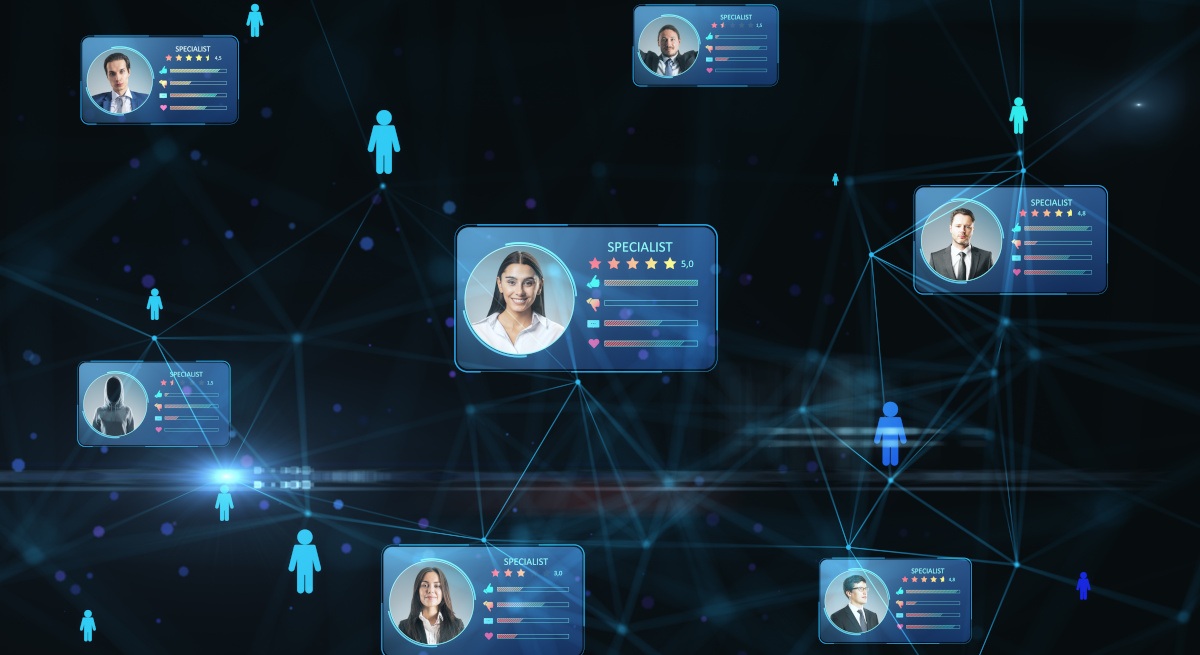
A report by Aon and HPC Global recommended that HR professionals use ‘a glass-box, ethical AI’ approach to screening candidates.
There is a lot of uncertainty among Irish HR professionals around the impact of AI on recruitment processes. According to the 2023 Irish Early Careers Report by Aon and HPC Global, four out of five HR workers are unsure about the effect AI will have on early careers programmes.
The report was informed by a survey of HR professionals at 35 large enterprises spanning more than 17 industries. Collectively, the companies employ around 65,000 people in Ireland. Of the respondents, just 17pc said they believe AI will have a positive role in recruiting early career talent. While this signals that the majority may have a negative view of the tech’s impact on recruitment, the results revealed that most respondents (80pc) simply think it is too soon to come to a definitive conclusion about AI’s impact on recruitment. There are concerns that AI could be used to cheat various aspects of the recruitment process. The report’s authors warned that organisations will need “well-reasoned people strategies” that take into account AI’s flaws and potential misuses.
Dean Callaghan, managing director of Human Capital Solutions at Aon Ireland, said: “While most HR leaders are uncertain on how to harness the benefits of AI, it is clear that businesses will need to place greater emphasis on understanding and unlocking the potential of AI to retain early careers talent.”
The report’s authors described AI as “a paradigm-shifting technology” – not just in the sense that it has the potential to be abused. The report pointed to the fact that for early career professionals, particularly those from younger generations, the temptation to use generative AI tools to both mask their lack of skills and depersonalise the CV process is a threat. These days, CVs can be entirely AI-generated which poses problems for HR professionals seeking authenticity.
Seeing as nine in 10 organisations surveyed still rely on CV screening to select candidates, there is a danger that the AI behind the screening tools can skew the selection process. HR professionals have to be aware of these challenges, although according to the attitudes survey it looks as though the majority are reserving judgement on AI for the moment. The report’s authors agreed that a cautious approach is for the best, but they also warned that organisations can take steps to “proactively influence” what their use of AI for talent development might look like.
According to Callaghan, businesses need to address skills gaps to achieve a positive result. “AI can and will play an increasingly important role in shaping early careers programmes. Addressing the skills gap will enable employers to fully benefit from the productivity gain of AI and other technologies. Developing transferable skills and upskilling can ensure that the next generation of early careers talent is well positioned to drive organisational success.”
To get the best out of AI for recruiters, organisations should use “a glass-box, ethical AI where the algorithm is transparent on how decisions are being made, rather than a black-box approach, where it is unclear what criteria the AI is scoring each candidate on,” the report said. In other words, HR professionals can use AI to free admin burdens but only to support autonomous decisions they make themselves.
The distinction between AI as a productivity aid and the importance of the role of the human worker in actually making decisions is one that should be embedded in company culture. It sets a positive example for early-career recruits when it comes to their reliance on the tech, too.
“The recruitment of early careers talent including graduates, interns and apprentices is critical to the future success of every business. These individuals make an impact where it matters most, from shaping company culture to providing the next generation of company leaders. As technology revolutionises the world of work and business, employers face important choices in how to hire and train this talent to build more resilient workforces for the future,” concluded Callaghan.
10 things you need to know direct to your inbox every weekday. Sign up for the Daily Brief, Silicon Republic’s digest of essential sci-tech news.

